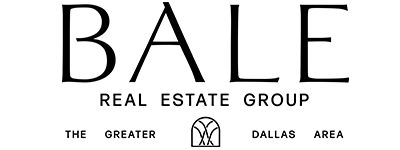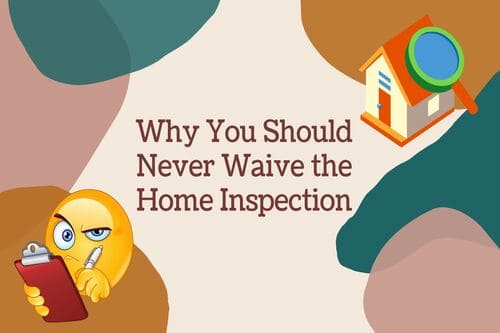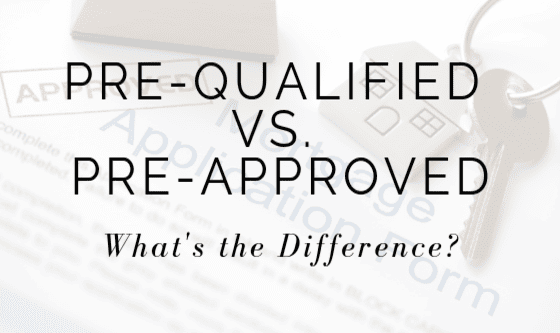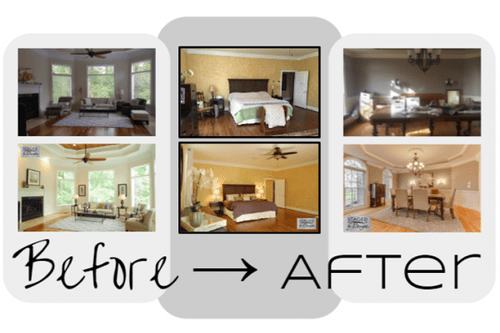If you’re considering selling your home, one of the most pressing questions on your mind is likely: “How quickly will my home sell?” While every situation is unique, we understand how critical it is to provide you with a realistic timeline and set expectations for a successful sale. Let’s break down some of the factors that influence how quickly your home can sell and how we, at the Bale Real Estate Group, work to expedite the process.
1. Market Conditions: Timing Matters
The real estate market is constantly evolving, influenced by factors such as interest rates, buyer demand, inventory levels, and the broader economy. In a seller’s market with high demand and limited inventory, homes can sell within days, sometimes with multiple offers. Conversely, in a buyer’s market, it may take longer to find the right buyer. We keep a close eye on market trends to ensure our pricing strategy aligns with current conditions, maximizing your home’s exposure and appeal.
2. Pricing It Right
A well-priced home attracts more potential buyers and can lead to a quicker sale. Pricing too high can deter buyers, while pricing too low may leave money on the table. Our comprehensive market analysis ensures your home is competitively priced to generate strong interest, and we adjust strategies if market feedback indicates a need. Our aim is to strike that perfect balance between attracting buyers and maximizing your return.
3. The Power of First Impressions: Staging & Presentation
Buyers often form opinions within seconds of stepping into a home. That’s why we offer guidance and resources for staging, decluttering, and enhancing curb appeal. A well-presented home, both in-person and online, can significantly impact how quickly it sells. High-quality photography, virtual tours, and engaging descriptions make your property stand out and entice buyers to schedule showings quickly.
4. Innovative Marketing Strategies
Gone are the days of simply listing a home on the MLS and hoping for the best. Our innovative marketing approach targets potential buyers through multiple channels, including social media advertising, online listings, professional videos, open houses, and more. Our unique MAX CASH System, which focuses on bringing you buyers willing to make offers at the highest price, ensures your home doesn’t sit idle on the market.
5. The Competitive Edge: Our 35-Day Guarantee
What to Expect When Selling with Us
- Fast Exposure: Immediate visibility to our network and through extensive marketing channels.
- Tailored Strategy: A customized plan based on your home’s unique features and market trends.
- Continuous Communication: Updates and feedback to keep you informed every step of the way.
- Expert Negotiation: We handle all offers and negotiations to ensure you get the best possible terms.
Ready to Sell? Let’s Get Started.
If you’re ready to discuss how quickly we can sell your home, we invite you to reach out to us. At Bale Real Estate Group, our passion, efficiency, and innovative approach make all the difference. We look forward to putting our proven systems and expertise to work for you, ensuring your sale is both swift and successful.
Reach out to us at info@BaleRealEstateGroup.com or call 972-469-0332 for a free consultation. Together, let’s get your home sold for top dollar in record time!






 The option period is one of the most critical phases in the home-buying process. This is the time when buyers can perform due diligence on the property, often starting with a home inspection. While it may seem straightforward, navigating this stage can present several challenges. Understanding these obstacles and how to overcome them can be the difference between a successful transaction and a stressful ordeal. Here’s what you need to know:
The option period is one of the most critical phases in the home-buying process. This is the time when buyers can perform due diligence on the property, often starting with a home inspection. While it may seem straightforward, navigating this stage can present several challenges. Understanding these obstacles and how to overcome them can be the difference between a successful transaction and a stressful ordeal. Here’s what you need to know:
